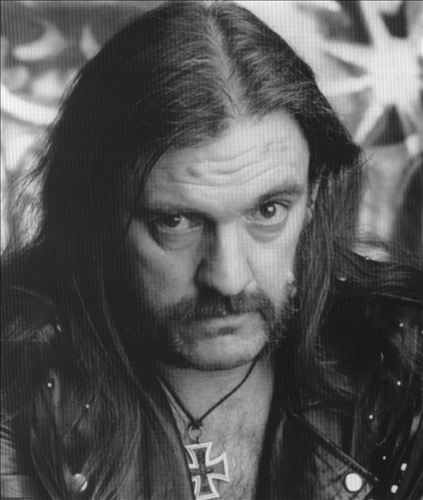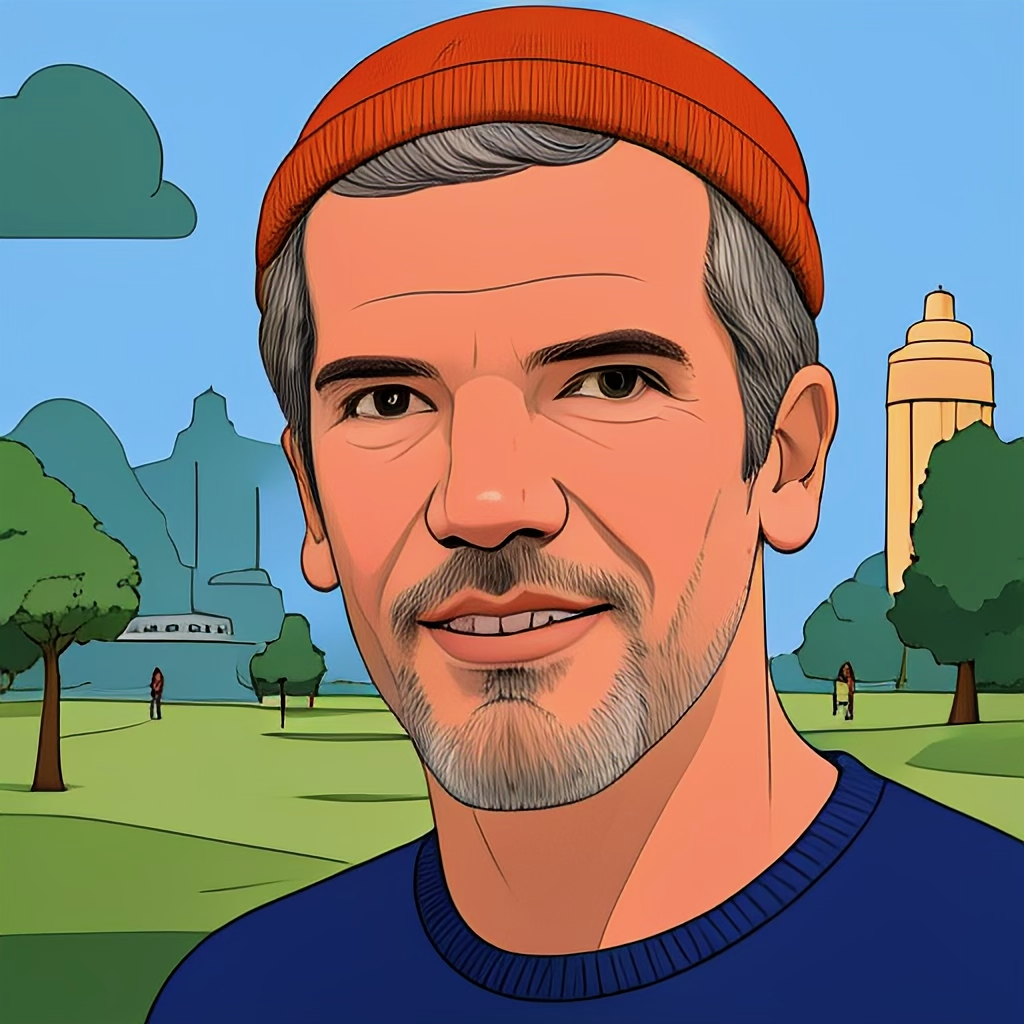The subtle art of not giving a fuck
Never split the difference
Rich dad poor dad
7 habits
These books exist just to sell seminars.
Read rich dad poor dad. Nothing but leveraging yourself into oblivion and doing your best to make the most sketchy writeoffs or deductions you can. Heck, the author is allegedly a billion in debt and has filed for bankruptcy at least once. Not exactly a resounding example of his own financial advice.
The way the book was explained to me, if your dad is a working stiff he’ll just tell you to work hard at whatever high paying job you can get. If your dad is a high finance type of guy, he’ll show you that the real money is in managing money.
Good concept, and true I guess. The book is useless though!
Rich dad poor dad
7 habits
My former therapist wanted me to read those. This was in 2023
😬
Your former-therapist needs a therapist.
Kinda disagree on Never Split the Difference! Listened to the audiobook of it and found it to be a good primer on the basics of negotiation, something I profoundly lacked, was never taught, and had that used against me on more than one occasion.
Nothing mind-blowing, but for the price of free from my local library, I feel like the techniques gave me a little confidence in the process.
I do agree that a lot of these books could have easily been WAY shorter but try to sell you on value by page count lol.
Disagree on subtle art, as someone with 3 kids, the core message of choosing what to care about is super important. There is so much in life you don’t need to concentrate on.
I’ve read rich dad poor dad, somewhat interesting but ultimately not that helpful.
I’ve heard of 7 habits, not read it though.
Not heard of the other one.
I would like to add Atomic Habits to this. Though the subtle art of not giving a fuck was helpful to angsty early 20s me.
See the One Book-theory from the podcast If Books Could Kill
Because all self-help books are basically the same and they all fit that bill
The Art of the Deal
Ready player one.
Do you like lists of pop culture references? Because that’s all it is.
Hey now, there’s also two whole pages about the main characters’masturbatory habits!
I now have negative desire to read this.
“I couldn’t get anything done when I had a sexy AI assistant because she was too distracting” takes up much less than two pages
Multiple people recommended it to me and wanted my opinion of it, but all I could say was “I’m glad you enjoyed it”.
If, instead, you like lists of designer clothes, sound systems and skincare regimes, then I highly recommend American Psycho. Genuinely, I loved it.
Yeah, I couldn’t get through it. Even as an audiobook read by Wil Wheaton
It’s more than that. There’s also stalker fantasy and a ridiculously overpowered main character.
The JD Vance hillbilly elegy thing. Please don’t hate me, I read this in 2017/18. It was a Christmas present and in my country was hyped at the time as the book you HAVE to read to understand why Americans from the flyover states like Trump and why they would vote for him.
I read the book. Not very interesting. Still didn’t understand why…
the book you HAVE to read to understand why Americans from the flyover states like Trump and why they would vote for him.
It sorta does that, but indirectly, I guess? To me, it was all about what’s not in the book. It was marketed as being written from the perspective of “omniscient narrator explaining why those people are the way they are”, but really it’s more “unreliable narrator explains his worldview”.
I read it probably around the same time as you, and it really just made me angry more than anything because basically the whole thesis is “poor people are poor because they are dumb”.
The fact that Purdue pharma made a pill that they claimed would last for 12 hours, when it was more like half that, so people had to either take them way more frequently (or take way bigger doses at 12 hours), and then proceeded to sell them to towns in Appalachia by the hundreds per capita is never mentioned.
There’s a whole bunch of structural problems that he just breezes by that he probably should recognize (cause I do think he’s probably intelligent), but your average person from the region may not. Basically, it’s just propaganda.
The fact that it was made into a movie as well…
I’m from around the same place as him and idk either
Anything Self-Help. They’re usually just a vehicle to sell more shit.
“If you’re looking for self-help, why would you read a book written by somebody else? Also, if you’re reading it in a book, folks, it ain’t self-help. It’s help.”
St. George Carlin
Before you can help yourself, you must first self your help. That is to say that you must relate to your support network in a way that fits with your worldview.
That will be $14.99. I take, Venmo, PayPal, and Bitcoin.
Goes double for anything using that trend of trying to make it seem hard core by putting random censored explitives in the title and the text.
That said… I got all the self-help I need from Self-Help Singh LOL.
The Secret. If you wish hard enough for it, an elephant will appear in your living room, eventually.
deleted by creator
Beer, A History of Brewing in Chicago by Bob Skilnik
In the first chapter, maybe even the preface, the author begins to complain that Chicago never recovered from the Great Fire and never will.
This was during the craft beer explosion of the twenty-teens, mind, and I myself worked at a Chicago brewery at the time.
I decided then and there that the book was hopelessly out of date and not worth reading.
War and Peace is made up of 42 or something full length novels.
It starts off with two lovers meeting at the man’s house, he joins the army as an officer, they have children, the man rises to become a captain or soemthing, then the Napoleonic War starts, then it follows Napoleans journey from France, through Italy, Austria, eastern Europe and then to his seige of Moscow. The youngest son has now joined the army, and he his keen to join in. The French army are retreating from Moscow, fed up, starving, tired and exhausted, the boy comes up to a band of French stragglers, the French lieutenant, slumped over on his horse, tiredly grabs his sword and slashes blindly behind him, decapitating the boy, his head held on by skin, his horse runs back to the rest of the Russians, where his father is leading.
Then there are 15 more novels after that !
Songs of the Gorilla Nation. It’s supposed to be a book about the autism of the author, but it’s just a weird love letter to the entire Gorilla population, described as perfect creatures every human should aspire to be, it’s pretty much like that simpson shimpanzee parody episode, except more sad.
There is very little content about autism, but you can tell there is a lot of resentment towards neurotipicals (who she calls neuromutilated) and a lot of toxic autism pride. I believe the author has a lot of unresolved trauma that she coped with cultivating resentment and obsessing over gorillas.
Didn’t learn much about autism nor gorillas, a pretty lame book overall.
Atlas Shrugged or Dianetics.
–//–
Bun
Air
Bun
I actually really liked Atlas Shrugged, and it makes a ton of sense if you rotate the economics of it by 180 degrees. Reardon wouldn’t be an owner in today’s world. He’d have been bought by someone like Musk long before he was wealthy enough to stop working. Speaking of billionaires, they’re Jim Taggarts if there ever was one. Ayn Rand grew up observing what happens when a handful of people acquire too much power and attributed it to socialism. I believe she was wrong, but she wrote interesting stories about excessive power concentration. Here and now, it’s the capitalist oligarchs that are breaking down the system. Infrastructure is failing like in the book. It just turns out it was the libertarians/anarchocapitalists instead.
yeah, but do we really need a 1000+ page book to learn that absolute power corrupts absolutely?
Maybe not, but it might help reach people that like 1950’s dieselpunk.
Edit: On a side note, it might inspire people to pack billionaires into a modern version of Galt’s Gulch/Mulligan’s Valley, isolated from the rest of the world and arriving with nothing but the clothes on their backs. They can rebuild civilization with only the natural resources on hand. I totally agree with Rand that it might solve a lot of socioeconomic problems, but we’d differ on the “why.”
I actually liked The Fountainhead. Rugged, taciturn individualist architect slowly overcomes all the scheming poseurs. It appealed to the younger me anyway. I didn’t pick up on any deeper message at the time and this was pre-internet so I didn’t have a clue who Ayn Rand was.
I would never use that phrase.
Catcher in the Rye
My exact thought as well. It was mandatory in HS, and i just never got the hype. Holden Caufield is a whiny phony.
It’s fun irony to try to have a bunch of angsty teens read a book about an angsty teen. I bet it would come across very different to read it as an adult.
It’s only fair. They whined about reading a book by a 51-year old author (Black Beauty). Now they get a taste of their own medicine.
I probably wouldn’t have killed John Lennon if that was the case.
So you don’t remember being a teenager?
Nope. Came out of the womb at 37.
Is your mom okay?
A little bowlegged, but otherwise fit as a fiddle.
I don’t know what I expected. Still hilarious, though.
Huh, she said the same thing…
I liked it because it’s a journey with a traumatized teenager. As a teenager who didnt realize I had cptsd it hit hard for me
The Sphere. I’ve never hated the ending to a book more.
You disliked the ending to The Sphere more than The Andromeda Strain?
I haven’t read the Andromeda Strain…I guess I shouldn’t?
I actually enjoyed 90% of Sphere, but then the ending just…killed it. Like, it comes off as if he just got sick of writing the story despite not having a way to end it.
I’m not a book person, but I think Andromeda Strain is an interesting book. I like how it displays the (from today’s point of view) horribly outdated technology as advanced high-tech.
One of the cases of a mildly science fiction book, that got overtaken by reality.
I think the best part of the book was the hubris of the government. They threw technology at a problem that was untested and unplanned.
if we spend enough money, surely we can solve the problem
Such a late 80s and 90s sentiment
scientific hubris is the underlying theme of almost all of Crichton’s sci-fi books.
Actually I really liked The Andromeda Strain including its ending, but it had a similar let down feeling. I think it’s worth the read. See how we thought about pandemics in the 90s before we had a major outbreak in the western world (excluding HIV)
Crichton is best when he’s writing hard science fiction like Andromeda or Jurassic Park. Sphere is too science fantasy for him and he struggles with how to make it work.
A friend gave me this book because they heard I liked sci Fi. I started it. I guess I’m glad I bounced off it.
Grapes of Wrath is a slight stretch, but it’s shear length relative to it’s message makes it a very empty book.
Anti fragile… Could have been a 2 page essay, with a page of examples… This concept did not need a whole book.















